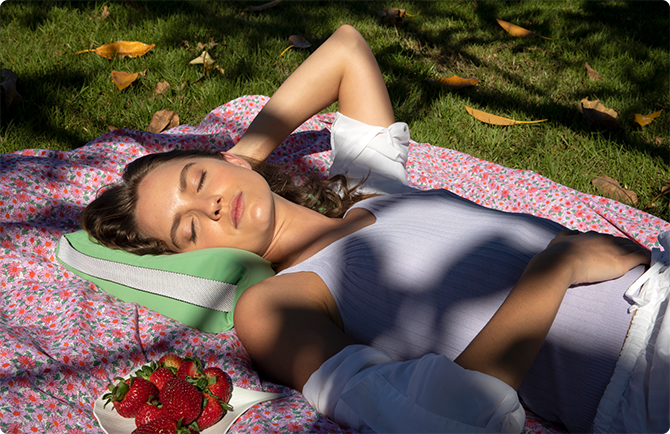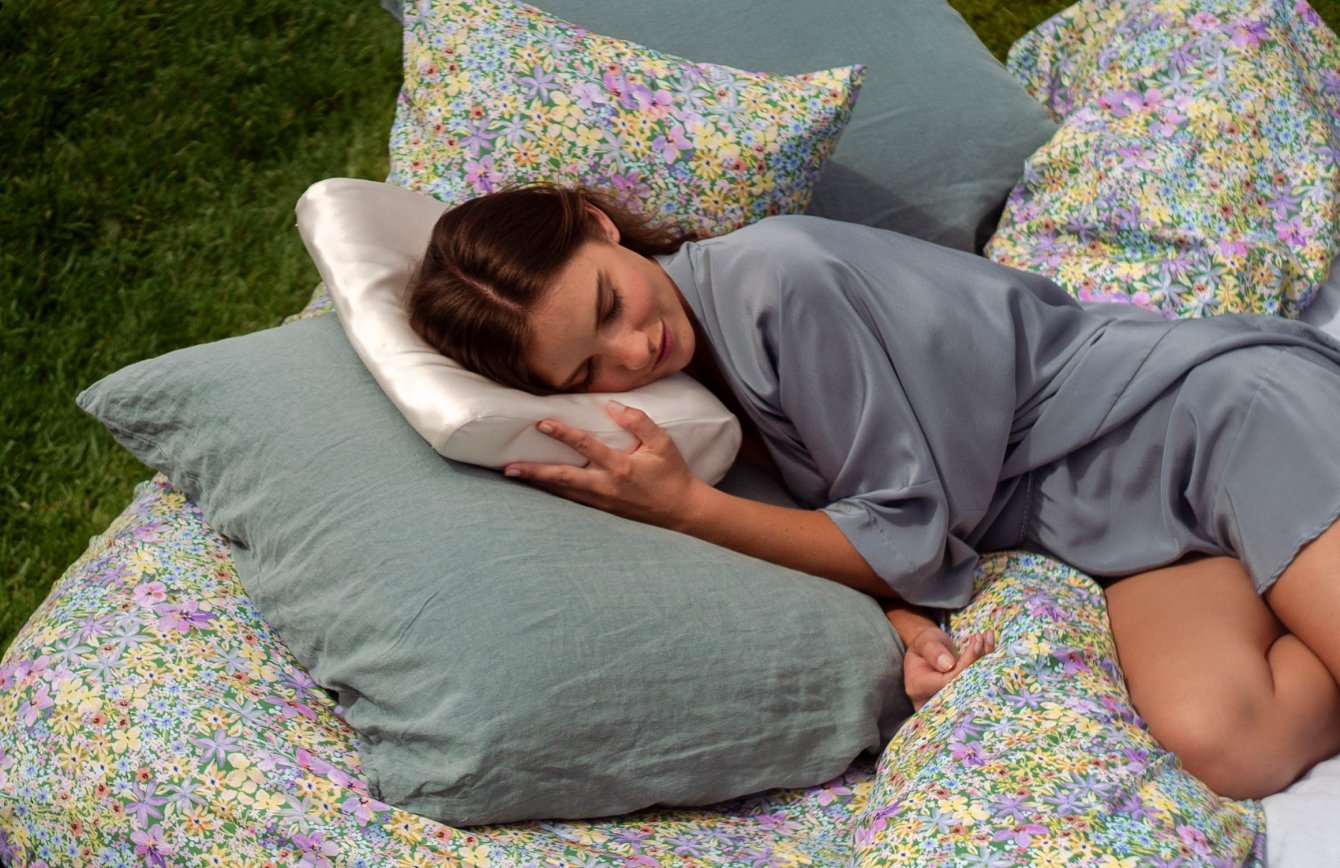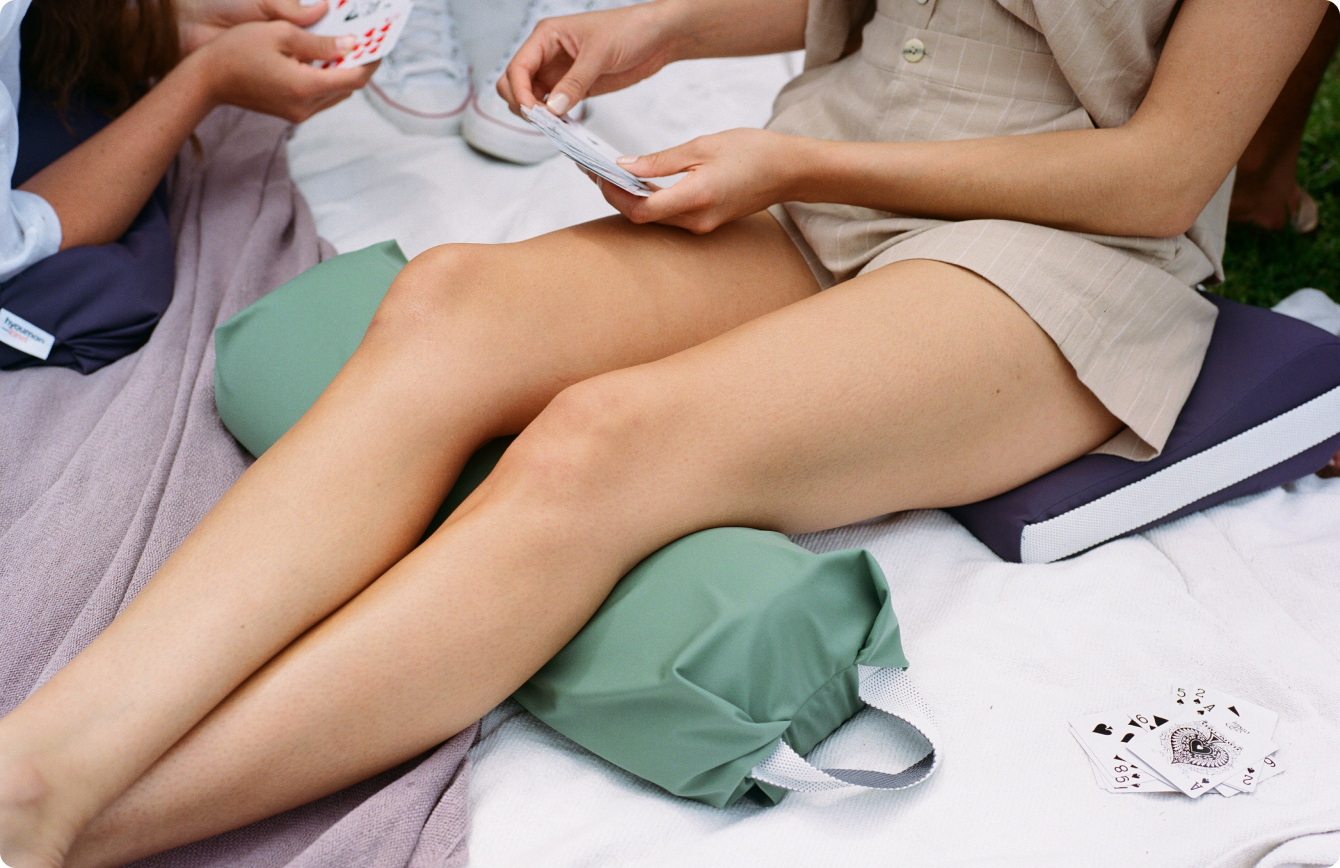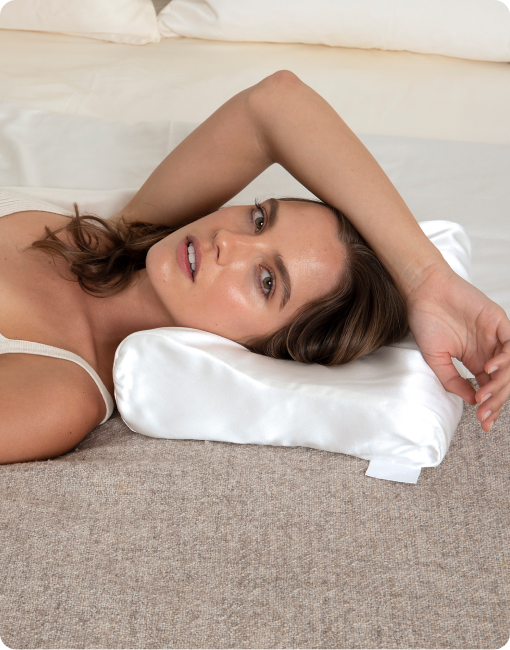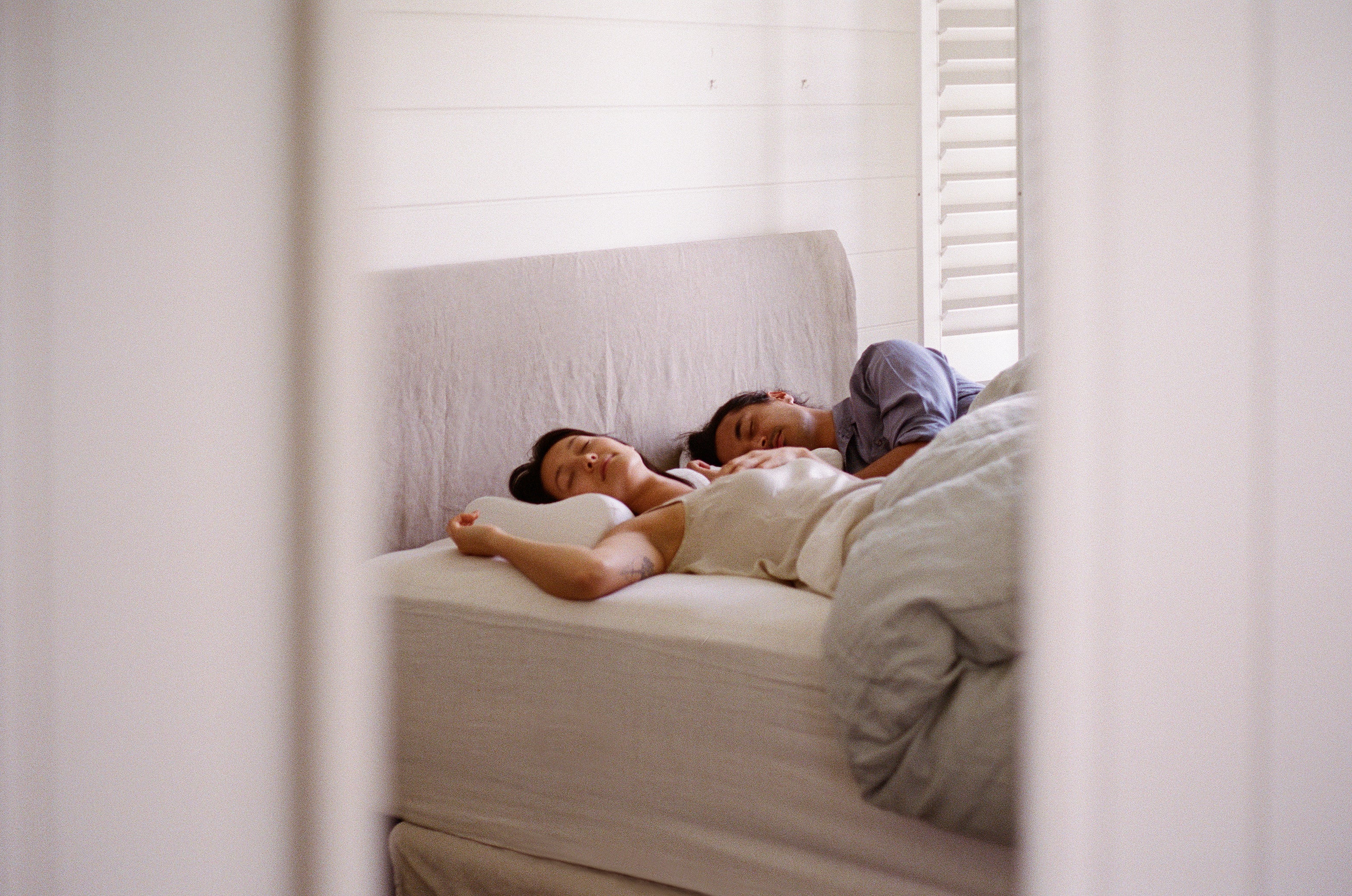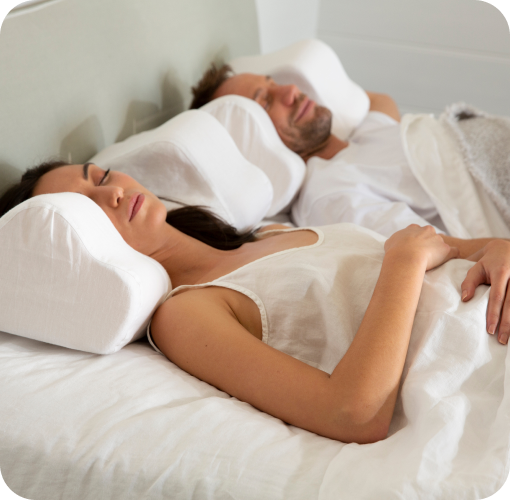‘Sleep efficiency’ – it doesn’t sound right, does it? Sleep is a time to relax and recharge. Sleep efficiency sounds like turning a relaxing eight-hours-a-night into a productivity exercise. But perhaps we need to apply the same intention and commitment to improving our sleep efficiency as we would with getting a raise or completing a project. Because the time we each invest in sleep really pays off, in terms of mental and physical wellbeing, healthier relationships and greater productivity while we’re awake.
What exactly is sleep efficiency?
Sleep efficiency is the percentage of time spent asleep while in bed. You can calculate your sleep efficiency by dividing the amount of time (in minutes) you’re asleep by the total amount of time you spend in bed. For example, if you spend 8 hours (480 minutes) in bed (10pm to 6am), and you spend 6.4 hours (384 minutes) of that time asleep, your sleep efficiency is 80%.
‘Normal’ sleep efficiency is 85% or above. If you’re asleep most of the time you’re in bed, you have a high sleep efficiency. But spending hours in bed staring at the ceiling is what’s referred to as low sleep efficiency – a term that doesn’t begin to express how frustrating and exhausting insomnia actually feels.
Improving sleep efficiency doesn’t always mean spending more time in bed, although if you aren’t getting enough ‘bedtime’, this is a good place to start. Once you can make more time for bed, you can focus on optimising that time with more sleep. This means creating the conditions that help you fall asleep quickly, and then stay properly asleep long enough to wake refreshed.
To improve your own sleep efficiency, you might want to start by considering these five factors:
1) The temperature
A room that’s too hot and stuffy, or cold and draughty, could be a cause of disrupted sleep. If anything, it’s better to have your bedroom room slightly cooler than your living areas. You may want to experiment with what you wear to bed and your bedding. Natural fibers allow the skin to breathe, while quality open-cell memory foam can help to dissipate heat. Check your bedroom temperature and – if you can – adjust the temperature by a couple of degrees to see if it helps you sleep better. Together, these changes can be highly effective in improving the quality of your sleep and rest.
2) Your mattress and pillow
Lumpy pillows and a saggy past-its-best mattress are not conducive to a full night’s sleep. For example, a mattress that’s too firm could create uncomfortable pressure points, potentially causing you to roll over and interrupt your sleep cycle, where a mattress that’s too soft may not be supportive enough. Consider your pillow in the same light. It should be soft enough to feel comfy, but supportive enough to keep you in a healthy position where your spine is aligned, and you can relax and let go of stress in your neck and shoulders.
3) Light sources
Your alarm clock, standby lights on other appliances, curtains not closing fully, streetlights outside… Even if you’re not aware of it, unnatural light sources could be disturbing your sleep. Start by covering your digital clock, or turning it away from you so you don’t see its light. Try blackout curtains, or make sure your regular curtains are closed as much as possible (at a pinch, a bulldog clip or clothes pegs can help to keep them together). Putting dimmers or lower wattage bulbs in your bedroom and bedside lamps can help prepare your body and mind to drift off too.
4) Interruptions
It’s hard to get a good night’s sleep when you’re constantly interrupted by devices going bing, loud noises outside or in another room, or your partner’s shift work. Make a note each time you've woken up, and work to eliminate each cause. For example, it’s a good idea to leave your phone to charge in another room, well out of your earshot. If your windows aren’t double-glazed, replace window coverings with thicker, thermal-lined curtains. And set some rules about late-night noise with other members of your household. Rugs or carpets down the hallway can make a world of difference too.
5) Mental ‘noise’
If you're stressed out and struggled to sleep the night before your big presentation, or just after an argument with your best friend, you’ll know how mental noise affects your sleep efficiency. One way to help switch off is to reframe bed as a place reserved only for sleeping or sex. Working, reading, scrolling social media feeds or watching TV, trains the mind to associate bedtime with awake-time activities – so try to get into the habit of leaving them at the bedroom door.
Tracking your sleep efficiency – with the aim to improve it – can help you to focus on making changes to sleep habits, so over time you can get deeper, more restful sleep more often. And that’s always something worth doing.
